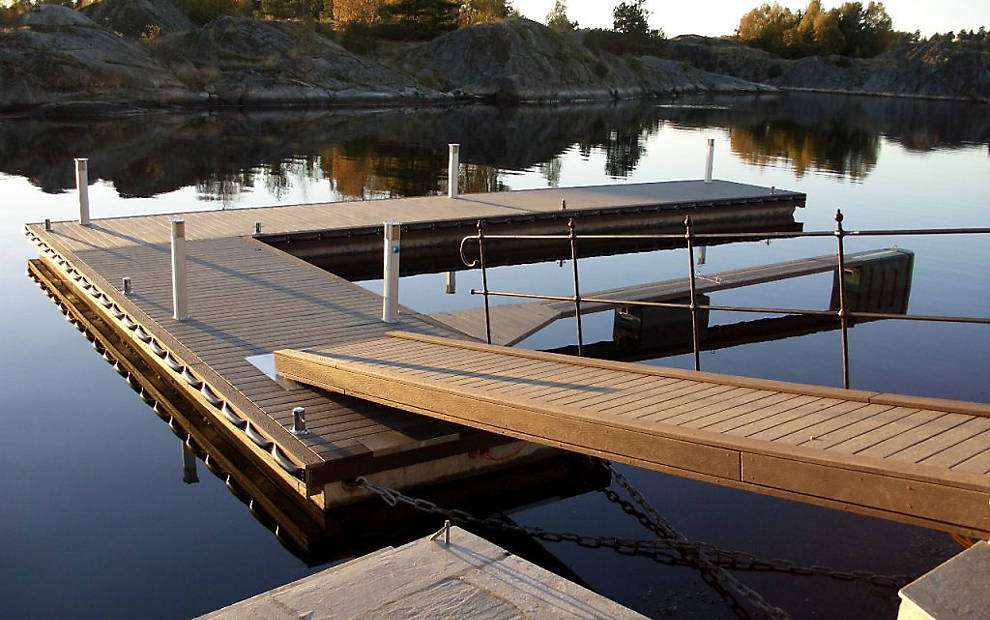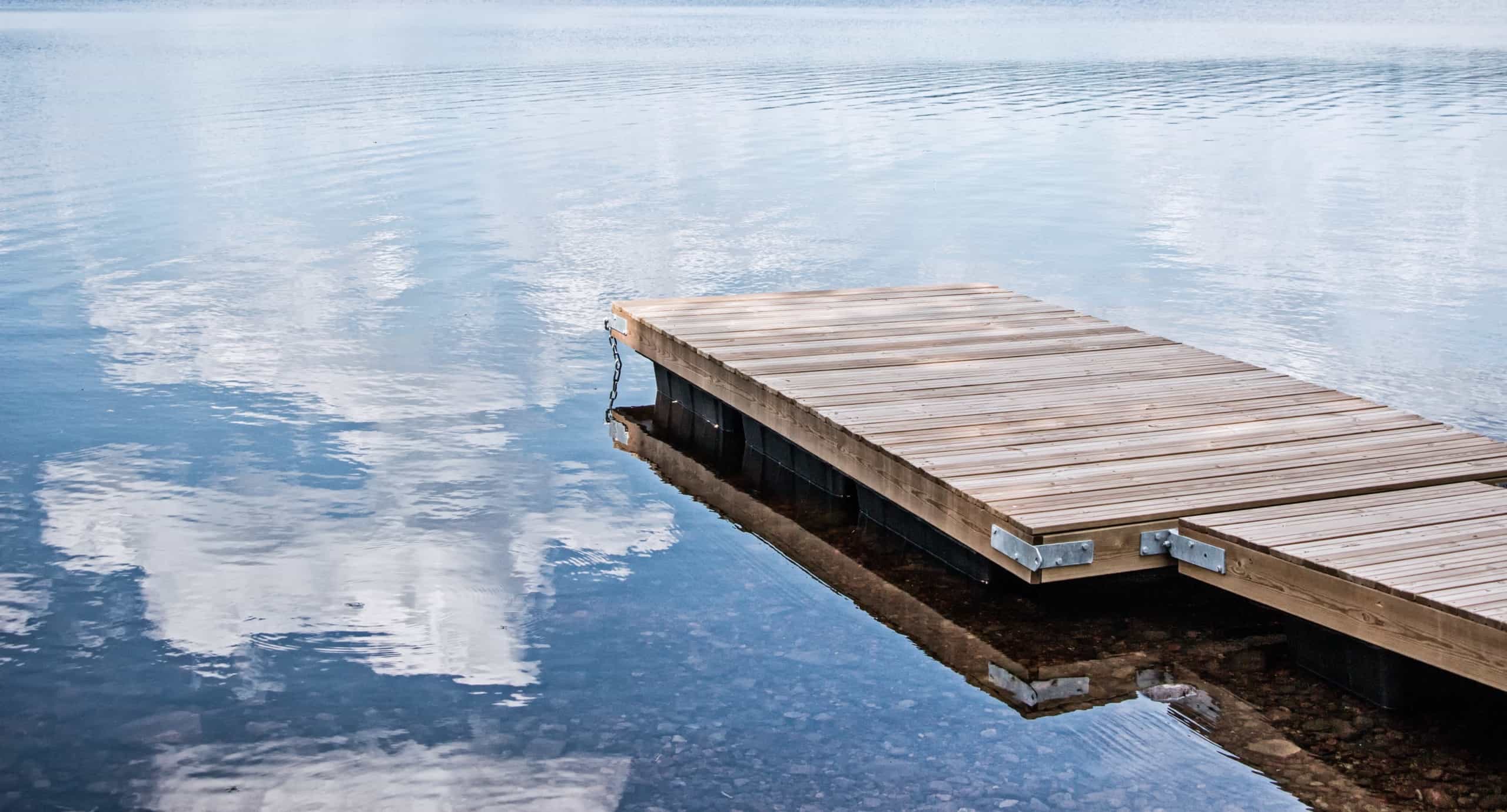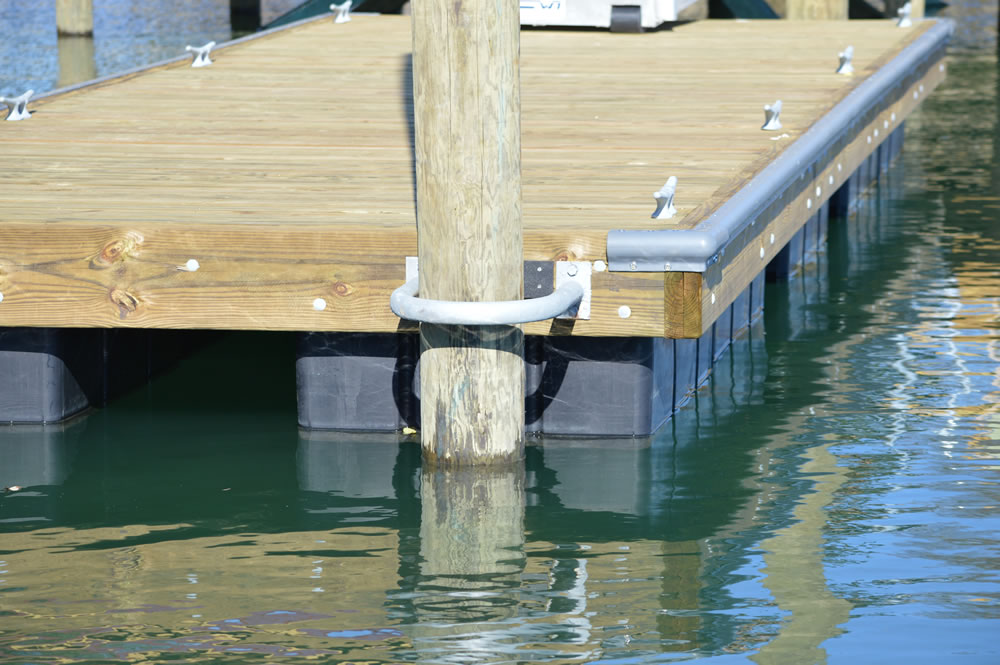What to Anticipate from a Trustworthy Floating Dock Company: Solutions and Support
What to Anticipate from a Trustworthy Floating Dock Company: Solutions and Support
Blog Article
The Ultimate Overview to Choosing the most effective Floating Docks
Selecting the optimal floating dock calls for a comprehensive understanding of numerous elements that influence both efficiency and longevity. Variables such as dock types, materials, and important attributes dramatically affect your decision-making procedure.
Recognizing Floating Dock Types
When selecting a drifting dock, it is important to recognize the various kinds available, as each offers distinctive objectives and applications. Floating docks largely come under 3 classifications: modular, stationary, and pontoon docks.
Modular docks are composed of individual sections that can be conveniently put together or reconfigured, making them ideal for altering water levels and varied uses, such as business operations or recreational activities. Their flexibility enables for modification based upon specific demands.

Pontoon docks are characterized by their resilient structure, commonly composed of numerous pontoons that give stability and assistance. They are specifically well-suited for bigger vessels and are generally utilized in marinas or for waterfront homes. Understanding these kinds help in picking the most suitable floating dock to satisfy particular demands, guaranteeing optimum capability and security.
Secret Products for Longevity
Picking the appropriate products for floating docks dramatically influences their longevity and longevity. One of the most common materials consist of timber, plastic, metal, and composite products, each offering distinct benefits and constraints.
Wood, usually favored for its visual allure, requires regular upkeep to endure dampness and decay. Pressure-treated lumber can boost resistance to rot, but it may still be prone to parasites and weathering.

Plastic docks, made of high-density polyethylene (HDPE), are immune to corrosion, UV radiation, and influence, making them a popular selection for coastal settings. Their lightweight nature also assists in easy installment and moving.
Metal docks, generally created from light weight aluminum or galvanized steel, provide phenomenal stamina and toughness. They are resistant to deterioration, especially when dealt with, yet may call for additional insulation to prevent warmth accumulation in hot environments.
Composite materials, incorporating wood fibers and plastics, deliver the advantages of both timber and plastic, withstanding dampness and fading while requiring very little upkeep. - floating docks
Inevitably, the choice of products must line up with ecological conditions, planned use, and upkeep preferences to make certain the floating dock stays functional and cosmetically pleasing over time.
Crucial Features to Consider
While the option of materials is vital, thinking about crucial features for floating docks is just as important to guarantee ideal efficiency and customer complete satisfaction. One crucial function to examine is the dock's buoyancy ability, which establishes just how much weight it can support without immersing. floating docks. This is essential for suiting watercrafts, individual watercraft, and even recreational tasks
In addition, transportability is a substantial factor to consider. Depending upon your needs, you might desire a dock that is simple to take apart and carry, particularly if you prepare to move it seasonally. Stability is an additional necessary function; a well-designed floating dock must decrease activity triggered by wind and water currents, browse this site providing a secure system for users.
Safety and security functions, such as non-slip surface areas and rounded sides, are also critical to protect against mishaps, particularly in damp conditions. Moreover, think about the schedule of accessories, such as bumpers, ladders, and cleats, which can enhance the capability of your dock.
Installation and Maintenance Tips
Establishing up and preserving a floating dock calls for mindful preparation and focus to information to ensure its durability and optimum performance. Begin by picking a suitable place that reduces exposure to solid currents and waves, which can cause wear and tear. Make certain that the water depth is sufficient for the dock's height which it is anchored safely to avoid movement.
During installment, comply with the maker's standards closely, as inappropriate setting up can endanger stability. Usage top quality materials resistant to corrosion, such as aluminum or treated wood, to boost longevity. Routinely check all elements, including drifts, ports, and anchoring systems, for indicators of damages or wear.
If your dock makes use of flotation tools, ensure they stay totally free and intact from punctures. By sticking to these setup and maintenance suggestions, you can appreciate a useful and reputable floating dock for years to come.
Budgeting for Your Dock
Budgeting for your dock is an important action that can dramatically affect your total fulfillment and financial investment in a waterside residential property. Establishing a clear budget assists you navigate the various options offered and guarantees you make informed decisions that straighten with your financial abilities.
Begin by determining the dimension and design of the dock you need, as these aspects will substantially influence the cost. Floating docks can differ substantially in price, relying on products, buoyancy, and functions like devices and ramps. Research study different manufacturers and providers to compare costs and understand the market value.
Along with preliminary prices, consider continuous costs such as upkeep, insurance policy, and prospective repair work. Allot funds for these recurring prices to avoid shocks down the line. It's additionally sensible to spending plan for any required licenses or examinations, site here which might be needed by regional guidelines.
Last but not least, bear in mind the prospective roi. A tactical dock can enhance your building's worth and charm, providing a positive economic impact in the lengthy term. By budgeting efficiently, you can ensure that your dock fulfills your demands without endangering your economic stability.
Final Thought
In final thought, choosing the ideal floating dock necessitates a thorough analysis of numerous aspects, including dock kinds, products, essential features, and setup procedures. Mindful consideration of monetary constraints will even more ensure a sound financial investment.

While the option of materials is essential, considering important features for floating docks is equally vital to make certain ideal efficiency and individual contentment.Setting up visit this website and keeping a floating dock calls for cautious preparation and attention to detail to guarantee its long life and ideal performance. Floating docks can differ considerably in rate, depending on materials, buoyancy, and attributes like devices and ramps.In conclusion, choosing the optimal floating dock demands a detailed evaluation of numerous elements, including dock kinds, materials, important functions, and installation procedures.
Report this page